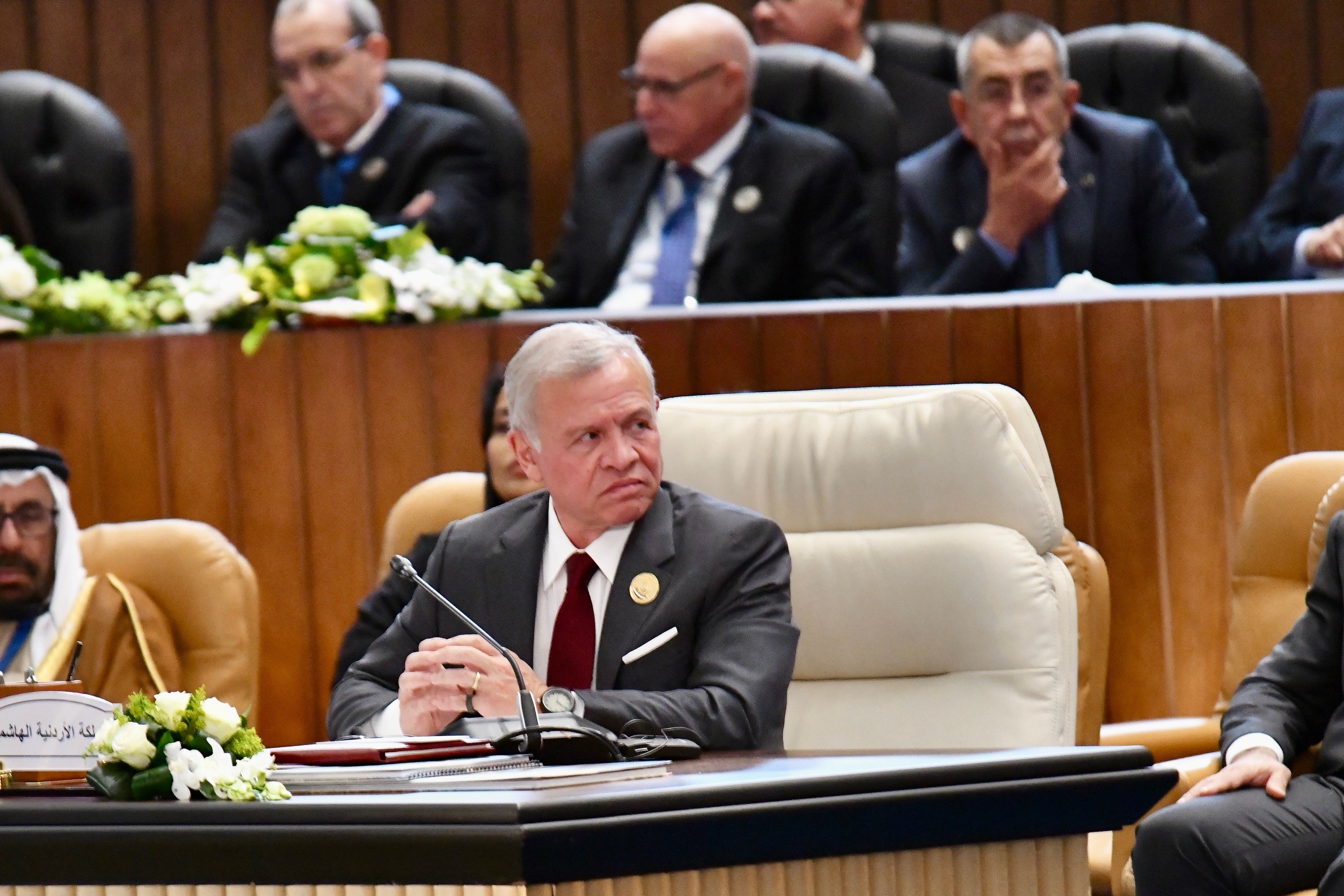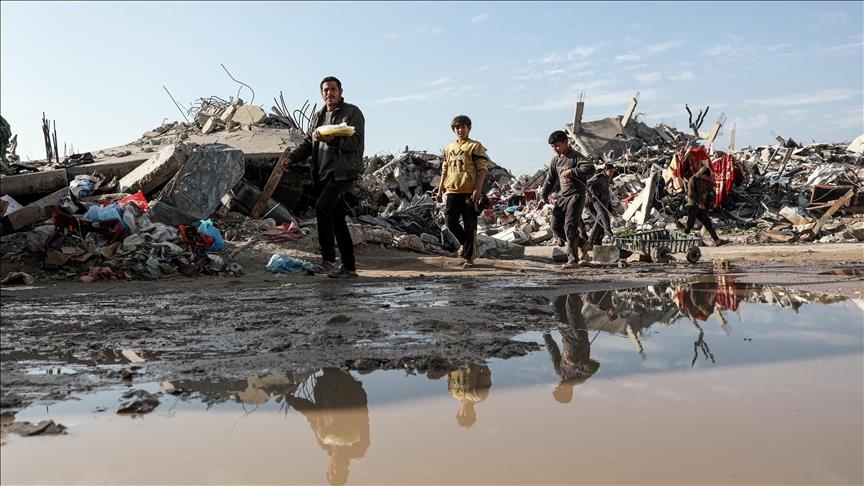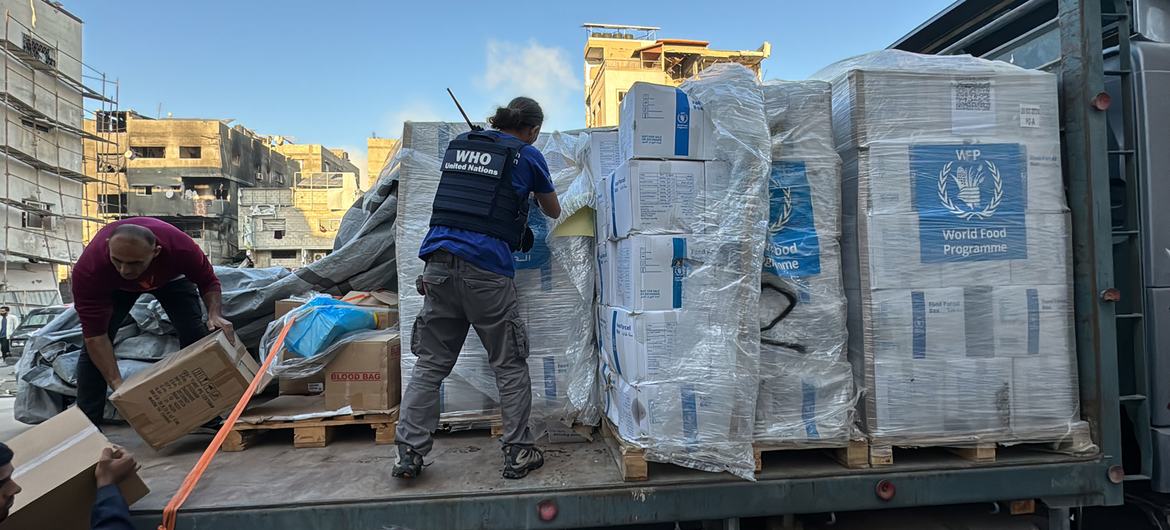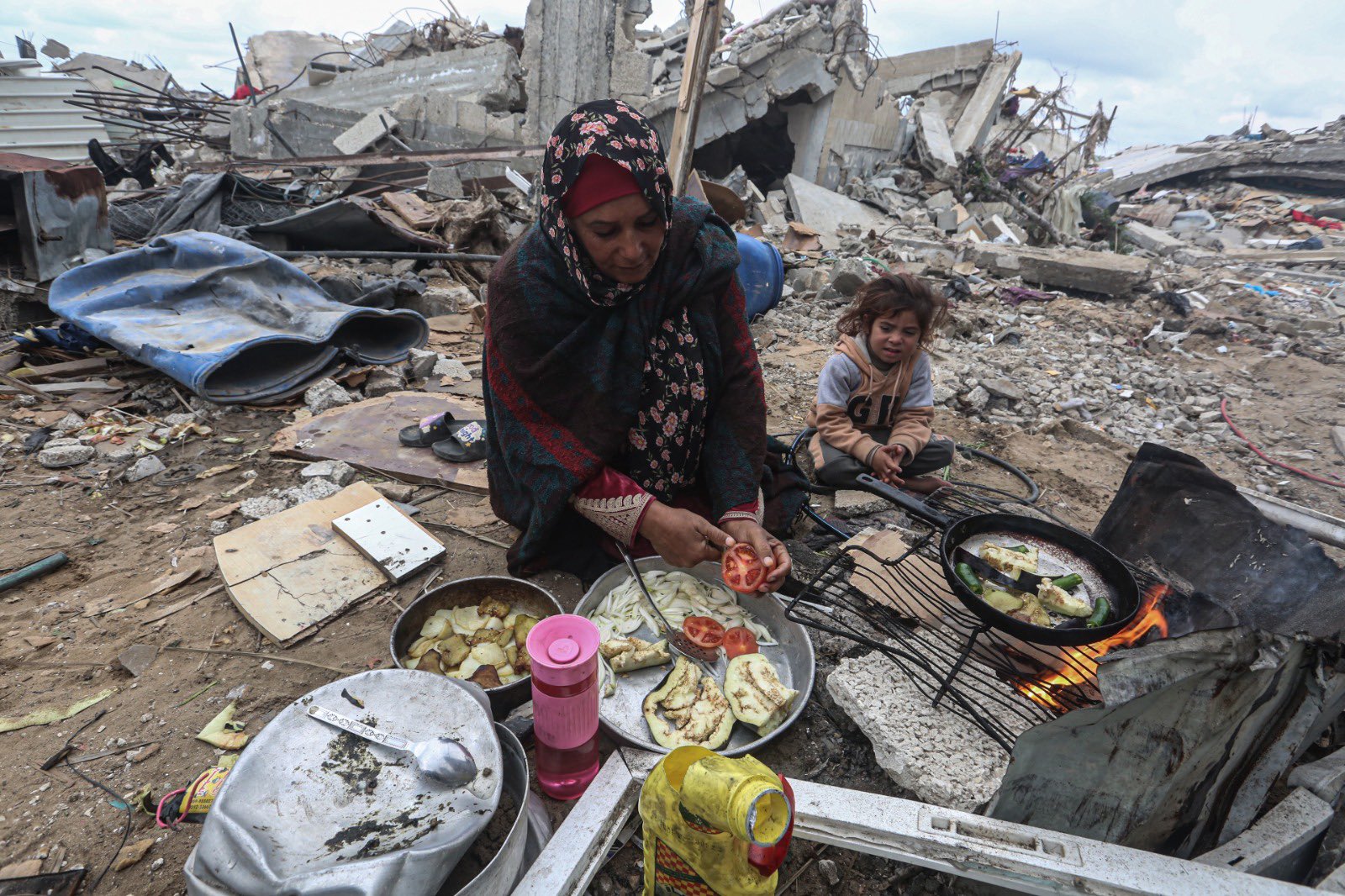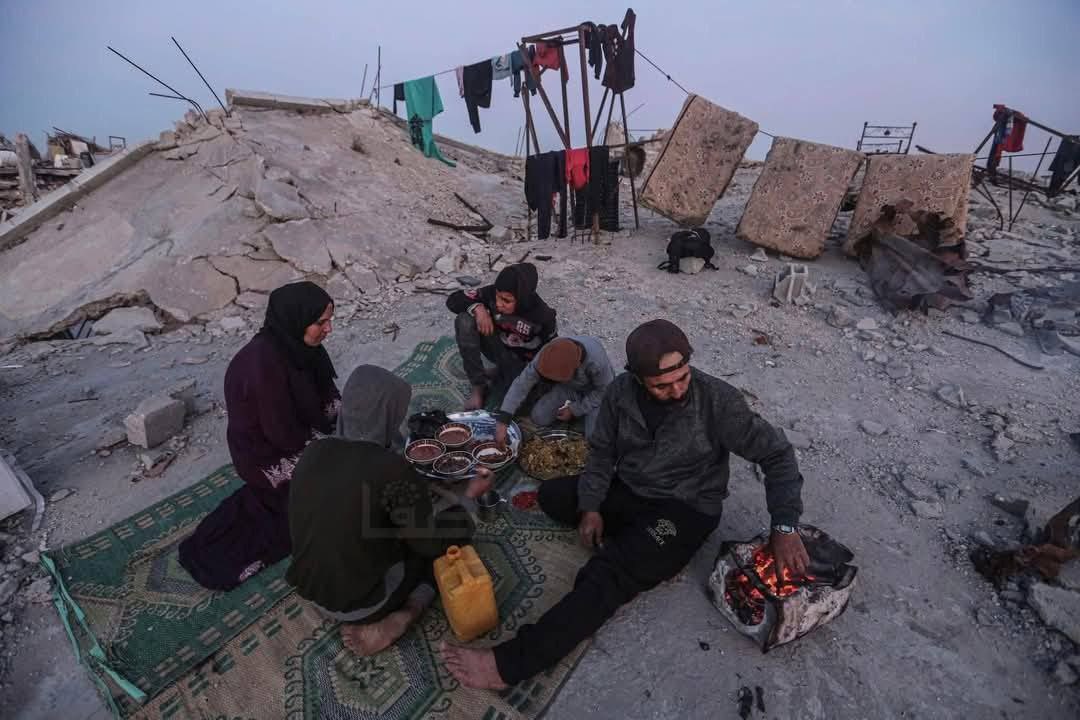King Abdullah: Jordan Supports Rebuilding Gaza, Rejects Displacement
His Majesty King Abdullah II on Tuesday affirmed Jordan’s support for the plan to rebuild Gaza, which will be presented to active partners to gain international support, according to a royal court statement.
Delivering Jordan’s address at the Extraordinary Arab Summit hosted by Egypt, dubbed the ‘Palestine Summit,’ His Majesty reiterated Jordan’s total rejection of all attempts to displace Palestinians in the West Bank and Gaza and annex land, in addition to condemning the Israeli decision to block humanitarian aid to Gaza.
The King stressed the importance of maintaining the ceasefire in Gaza and ensuring the implementation of all its phases, as well as stopping the dangerous escalation of the situation in the West Bank.
Following is the English translation of Jordan’s address at the Extraordinary Arab Summit and as printed in the Jordan Petra news agency:
“In the Name of God, the Compassionate, the Merciful,
Prayers and peace be upon our Prophet Mohammad,
Your Majesty King Hamad bin Isa Al Khalifa,
Your Excellency President Abdel Fattah Al Sisi,
Your Highnesses and Excellencies,
Peace, God’s mercy and blessings be upon you.
I would like to first express my thanks to my brother President Abdel Fattah Al Sisi for hosting this extraordinary summit during this difficult phase, which demands stepping up Arab coordination and unifying our positions, and to my brother, King Hamad bin Isa Al Khalifa for his outstanding efforts in presiding over the ordinary session of the summit. I also thank the Secretary General of the Arab League and its staff for their efforts in organising our summit today.
My brothers,
We salute the steadfastness of the Palestinian people on their land, and renew our support for our Palestinian brethren in their efforts to gain their full legitimate rights, foremost of which is their right to freedom and an independent and sovereign state on their national soil, on the basis of the two-state solution, which is the only way to achieve just and comprehensive peace that guarantees security and stability for our region.
At this delicate stage, when the Palestinian cause is facing very serious challenges, it is imperative to work urgently together to counter any attempts to impose solutions at the expense of Palestinians and liquidate their cause.
We stress the importance of maintaining the ceasefire in Gaza and ensuring the implementation of all its phases. We also reiterate our rejection of the Israeli decision to block the entry of humanitarian aid into Gaza, which constitutes a violation of the most basic principles of international law.
Thus today, we need to prioritise four main themes:
First: Our total rejection of all attempts to displace Palestinians in the West Bank and Gaza, and to annex land, which is a flagrant violation of international law and international humanitarian law, and our support of the plan to rebuild Gaza, to be presented to active partners in order to gain international support.
Second: Supporting the reform efforts of the Palestinian National Authority in the interest of our Palestinian brethren, as well as preparing a clear and implementable vision for the administration of Gaza and linking it to the West Bank in order to provide all basic services and ensure the required security.
Third: The need to stop the dangerous escalation in the West Bank, which threatens the existence of Palestinians in the West Bank and is resulting in the displacement of some of them, leading to the erosion of prospects for stability and peace in the entire region. We also need to counter the violations of Muslim and Christian holy sites in Jerusalem and preserve the historical and legal status quo, especially during the holy month of Ramadan, to prevent attempts by extremists in the Israeli government to exacerbate the situation.
Jordan will persist in undertaking its historic duty to safeguard Muslim and Christian holy sites under the Hashemite Custodianship.
Fourth: Reaffirming that the two-state solution is the only way to achieve just and comprehensive peace that guarantees the establishment of an independent Palestinian state on Palestinian national soil, with East Jerusalem as its capital. The two-state solution provides a comprehensive political horizon to stabilise the region and spare its peoples further conflict.
My brothers,
Since the beginning of Israel’s unjust war on Gaza, Jordan’s position has been clear: we reject any attempt at displacement and any measure to liquidate the Palestinian cause and undermine the two-state solution.
An immediate and effective regional and international effort must be launched to address the tragedies, killings, terror and destruction caused by the war on Gaza. Efforts must focus on providing shelter, treatment, and food for the people in Gaza, and we must work to implement plans to rebuild what was destroyed by the war.
The humanitarian response in Gaza must continue. Jordan will continue to provide aid to Gaza by land and air. We also appreciate the efforts of our brothers and friends and their continued work alongside us to provide relief to Gazans.
My brothers,
The outcome of our summit must be practical steps to support our Palestinian brethren, support their steadfastness on their land, alleviate their suffering, and mobilise international efforts to stop everything that prevents the achievement of peace, which cannot be realised through military escalation, displacement of peoples, and denial of their rights.
Peace, God’s mercy and blessings be upon you.”
The Jordanian delegation at the Extraordinary Arab Summit included Prime Minister Jafar Hassan, Deputy Prime Minister and Foreign Minister Ayman Safadi, Director of the Office of His Majesty Alaa Batayneh, and Jordan’s Permanent Representative at the Arab League Amjad Adaileh.

